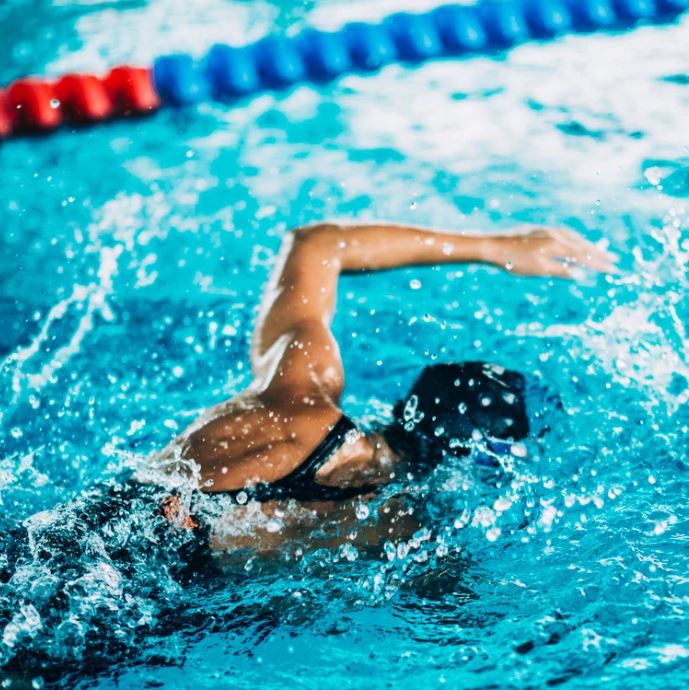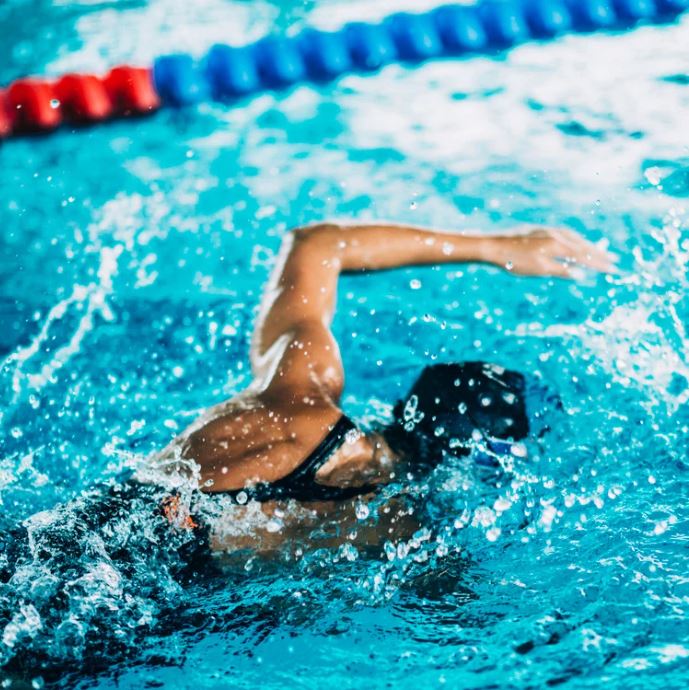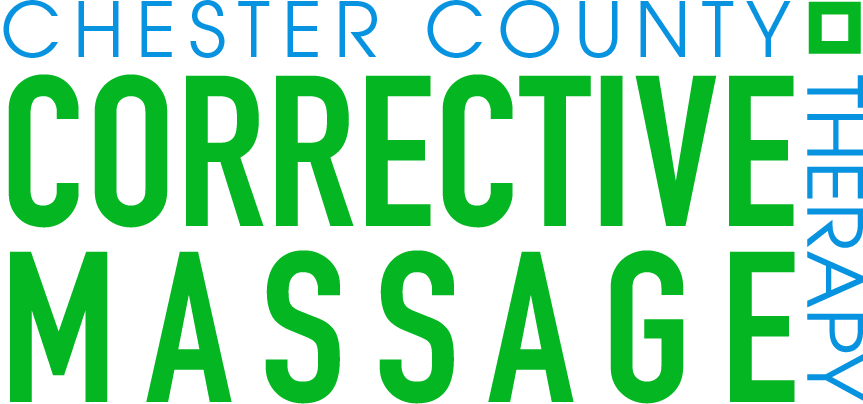
The Role of Massage Therapy in Swimming Competitions

Competitive swimming demands peak physical conditioning, mental focus, and rapid recovery. Athletes train tirelessly to shave milliseconds off their times, and every element of their preparation can make a significant difference. One crucial but often underestimated aspect of a swimmer’s regimen is massage therapy. Massage therapy plays a pivotal role in the success of swimmers in competitions.
1. Enhancing Muscle Recovery
Intense training sessions leave swimmers with fatigued muscles and accumulated tension. Massage therapy aids in the recovery process by improving circulation and reducing muscle soreness. It helps flush out metabolic waste products like lactic acid, which contribute to muscle fatigue and stiffness. By accelerating muscle recovery, swimmers can maintain a high training volume without risking overuse injuries, ensuring they are in peak condition for competitions.
2. Injury Prevention and Management
Swimmers are prone to overuse injuries, particularly in the shoulders, back, and hips. Massage therapy addresses muscular imbalances, reduces tightness in key areas, and improves joint mobility. This proactive approach to injury prevention is crucial for athletes who rely on consistent training to refine technique and maintain performance levels. Additionally, if injuries do occur, therapeutic massage can aid in rehabilitation by promoting faster healing and preventing chronic issues.
3. Improving Flexibility and Range of Motion
Flexibility and range of motion are essential for efficient swimming technique. Massage therapy helps lengthen muscles and connective tissues, increasing flexibility and enhancing joint range of motion. This allows swimmers to achieve optimal body positioning in the water, reducing drag and improving stroke efficiency. Greater flexibility also decreases the risk of muscle strains and enhances overall fluidity in movement during races.
4. Mental Relaxation and Focus
Competitive swimming requires not only physical prowess but also mental fortitude. Massage therapy induces a state of relaxation by reducing stress hormones like cortisol and promoting the release of endorphins, which are natural mood elevators. This mental relaxation can help swimmers manage pre-competition anxiety, enhance concentration, and maintain composure during high-pressure races. A calm and focused mindset is crucial for executing race strategies and achieving peak performance in the pool.
5. Overall Well-being and Performance
Beyond the physical and mental benefits, massage therapy contributes to swimmers’ overall well-being and enjoyment of their sport. It provides a dedicated time for relaxation and self-care, essential for managing the demands of rigorous training schedules. Swimmers who incorporate regular massages into their routine often report improved sleep quality, reduced muscle stiffness, and increased motivation to excel in their sport.
Massage therapy is more than just a luxury; it is a strategic tool that supports swimmers in achieving their competitive goals. From enhancing muscle recovery and preventing injuries to promoting mental relaxation and improving overall performance, the benefits of massage therapy are clear for swimmers preparing for competitions. Integrating massage into a comprehensive training regimen can make a substantial difference in an athlete’s ability to perform consistently at the highest levels.
Aspiring swimmers and competitive athletes alike should consider consulting with a qualified massage therapist who understands the specific needs of swimmers. Together, they can develop a personalized treatment plan that optimizes recovery, enhances performance, and supports long-term athletic success.
Swimmers, dive into the benefits of massage therapy today—your journey to peak performance starts here!

